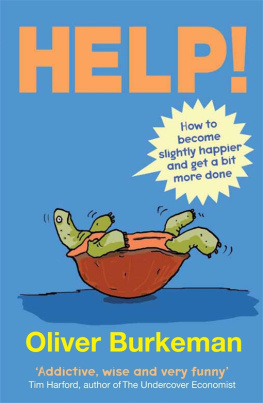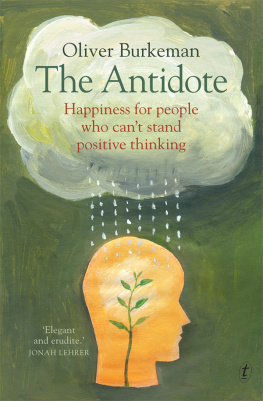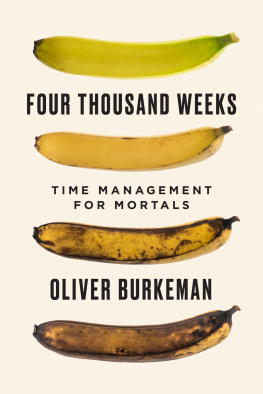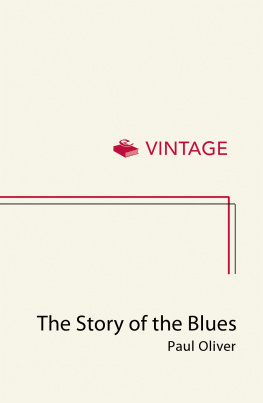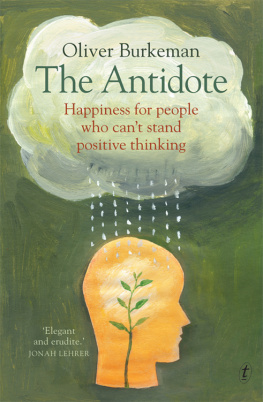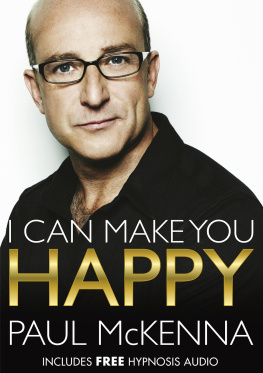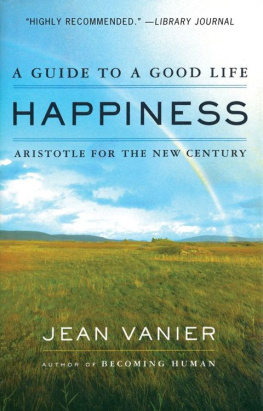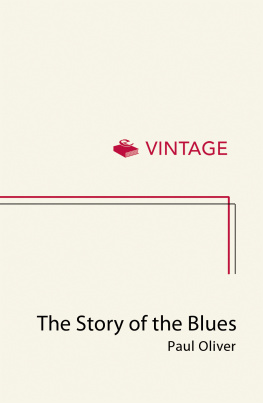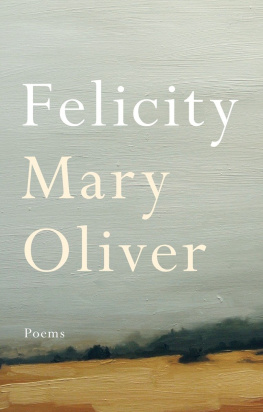CONTENTS
1. Change Everything, Right Now!
A Short Tour of Self-Helps Biggest Clichs
2. How to be Happier
Emotional Life
3. How to Win Friends and Influence People
Social Life
4. How to Rule the Office
Work Life
5. How to Get More Done
Productivity
6. How to Use Your Brain
Mental Life
7. How to Keep Functioning
Everyday Life
8. Follow Me
Gurus, God-men, and Other Questionable Characters
9. Roads Less Travelled
Some Unlikely Paths to Happiness
10. Further Adventures in Popular Psychology
Additional Reading and Resources
A few years ago, I started writing a weekly newspaper column in which I set out to solve the problem of human happiness. I was half-joking, of course. I was aware that the topic had already received an inordinate amount of attention from some of historys greatest thinkers such as Aristotle, in his Nichomachean Ethics, and Paul McKenna, in his Paul McKennasChange Your Life in Seven Days: The Worlds Leading HypnotistShows You How and I didnt really imagine that I was going to make any staggering new breakthroughs. Besides, as a rational, non-gullible sort of person, I was allergic to the cheesy promises of self-help gurus. (Anthony Robbins, purveyor of $600-a-day motivational workshops, author of Awaken the Giant Within, and possessor of the most improbably chiselled jaw on the planet Im looking at you.) Even various not-so-cheesy explorations of happiness, by professional psychologists and philosophers, incurred my scepticism. This was perhaps because Id grown up in the north of England, where people who go around looking too ostentatiously happy tend to be regarded as suspicious, and quite possibly American.
But I should be honest: if I was half-joking, I was also half-serious. Deep down, however much we cover it up with cynicism and wisecracks, isnt everybody at least half-serious about wanting to be happy? Happiness is the meaning and purpose of life, the whole aim and end of human existence, observed one of the aforementioned great thinkers. (Hint: it wasnt Paul McKenna.) I mocked self-help gurus, and others who made a living dispensing tips and techniques for a more satisfying life, but I knew my mockery was at least partially defensive: it was much less embarrassing to dismiss all that stuff as mumbo-jumbo than to admit that I wanted some of what it promised. An awful lot of it is mumbo-jumbo, as I was to discover. But among those countless thousands of ideas for becoming happier, richer, more successful, more popular and more productive, surely there were a few that it might be useful to know about?
Fortunately, around the time I started delving into the topic, two developments were beginning to make happiness a slightly more acceptable subject for discussion among people who thought of themselves as sceptical and intelligent. The first was the explosion, among academic psychologists, of happiness studies, involving rigorous experiments designed to pinpoint the sources of human fulfilment. The other was the movement known as lifehacking, originating on the Internet, which disdained the grand promises of traditional self-help in favour of more modest goals: finding ways to beat procrastination, to keep your email inbox under control, and generally to simplify your life. Here, I felt much more at home, having always had a geeky fondness for time-management systems, to-do lists, personal organisers and the like. To put it another way, I was the kind of child who was liable to spend longer designing perfectly colour-coded exam revision timetables than actually revising for exams.
So I took a deep breath, tried to suppress my self-consciousness, and set out on an adventure through the world of popular psychology a term Im using loosely here to encompass self-help, happiness studies, lifehacking, and other ideas with an emphasis on practical implementation by a mass audience. I learned Neuro-Linguistic Programming from the experts, and listened to self-hypnosis CDs; I spoke to social psychologists, Buddhist psychotherapists and even a Scientologist, though to be honest he wasnt much help. I kept a gratitude journal; I tried to become a morning person; I tamed my out-of-control email; I attempted to stop complaining for 21 days. Above all, I read a vast number of books (including Awaken the Giant Within I cant recommend it, Im afraid) and research papers. I tried to approach it all in the spirit of a foreign correspondent, sending back reports from a strange new country, though Im not sure I realised at the time exactly how strange some parts of it would be. This book is a record of what I found.
*
Its a little strange, when you stop to think about it, that the quest for happiness should have acquired such an embarrassing reputation, as if the desire to be a happier person were not the most universal of urges but rather a shameful predilection, like collecting Nazi memorabilia, or attending Michael Bolton concerts. This wasnt always the case. The ancient Greeks and Romans made no distinction between the noblest of all pursuits philosophy and self-help; for them, the whole point of figuring out what constituted the good life was that youd then be able to put your findings into practice. Why go to the trouble of asking the question, and formulating an answer, only to fail to follow your own advice? Philosophys power to blunt the blows of circumstance is beyond belief, was how Seneca the Stoic expressed this connection, and much of his work, viewed from a certain perspective, is really a collection of self-help tips. (If youre afflicted by the fear of failure, he advises at one point, try dressing in rags and subsisting on scraps of food for a week or two. That way, youll always have the comfort of knowing you could tolerate it if you had to.)
This upfront, unashamed attitude towards seeking a better life continued for centuries: even so esteemed a figure as Benjamin Franklin apparently felt little embarrassment telling the world about a notebook he carried, in which he listed 13 virtues frugality, sincerity, that sort of thing then made a habit of ticking off which ones he managed to exhibit on any given day. If you tried something similar in the twenty-first century, would you tell your friends about it? Im not sure I would. Somewhere along the way, something changed.
Specifically, what happened was the Great Depression and out of it, the modern incarnation of the movement known as Positive Thinking. The mid-1930s saw the publication of two books that bear much of the blame for the tacky, embarrassing, scam-filled era of self-help that followed: Howto Win Friends and Influence People by Dale Carnegie, and Thinkand Grow Rich by Napoleon Hill. (The third main offender, Norman Vincent Peales The Power of Positive Thinking, followed several years later.) Its not hard to see why they became bestsellers: in a world still reeling from economic devastation, their message to readers feeling pummelled by forces beyond their control was that they werent as powerless as they had imagined. The security theyd once known might have vanished but they could seize control of their own destinies simply by changing how they thought! Truly, thoughts are things, writes Hill, and thus by cultivating persistence, and a BURNING DESIRE he has a troubling fondness for capital letters whatever you can dream of can be yours. Seven decades later, the message persists: it is, for example, the philosophy behind Rhonda Byrnes mega-bestseller The Secret, which promises sports cars and expensive jewellery just by thinking really hard about them. I cant say this ever worked for me. But then again, perhaps my DESIRE wasnt BURNING brightly enough. Who knows?

